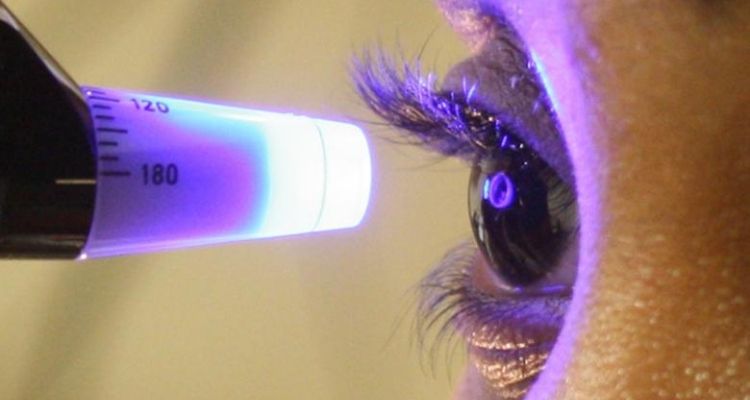
Understanding the connection between diet and lifestyle and intraocular pressure (IOP) is crucial for maintaining optimal eye health and preventing conditions like glaucoma. This comprehensive guide will delve into how specific dietary choices and lifestyle modifications can significantly influence IOP levels, providing practical insights for better ocular health.
The Role of Diet in Regulating IOP
Nutrients That Benefit Eye Health
Antioxidants Antioxidants such as vitamins C and E, and beta-carotene, are essential for protecting the eye from oxidative stress. Foods rich in these nutrients include:
- Vitamin C: Citrus fruits, strawberries, bell peppers
- Vitamin E: Nuts, seeds, spinach
- Beta-Carotene: Carrots, sweet potatoes, kale
Omega-3 Fatty Acids Omega-3 fatty acids, found in fish like salmon and mackerel, and plant sources such as flaxseeds and walnuts, have anti-inflammatory properties that can help reduce IOP.
Magnesium Magnesium, found in foods like dark leafy greens, bananas, and avocados, can improve blood flow to the eyes and help manage IOP.
Foods to Avoid
High-Sodium Foods Excessive salt intake can lead to fluid retention, increasing IOP. Avoid processed foods, canned soups, and fast food to keep sodium levels in check.
Caffeine High caffeine consumption can cause a temporary spike in IOP. Limiting coffee, tea, and energy drinks can help manage IOP levels effectively.
Trans Fats Trans fats, present in fried foods, margarine, and many processed snacks, can increase the risk of developing high IOP. Opt for healthier fats like those in olive oil and avocados.
Lifestyle Factors Influencing IOP
Exercise and Physical Activity
Regular physical activity is essential for maintaining healthy IOP levels. Aerobic exercises like walking, running, and swimming can lower IOP by improving blood flow and overall cardiovascular health. Aim for at least 30 minutes of moderate exercise most days of the week.
Hydration
Proper hydration is crucial for eye health. Dehydration can lead to increased IOP. Drinking adequate water throughout the day helps maintain the necessary balance of eye fluids, thereby stabilizing IOP.
Sleep Patterns
Quality sleep is vital for maintaining normal IOP levels. Poor sleep or irregular sleep patterns can lead to increased IOP. Establishing a consistent sleep schedule and ensuring 7-9 hours of quality sleep per night is beneficial for eye health.
Managing Stress and Its Impact on IOP
Stress Reduction Techniques
Stress can contribute to elevated IOP. Incorporating stress management techniques such as meditation, yoga, and deep-breathing exercises into your daily routine can help keep IOP in check.
Professional Guidance
Consulting with healthcare professionals, such as a psychologist or a counselor, can provide personalized strategies to manage stress effectively, thereby helping to control IOP.
Regular Eye Examinations
Regular eye exams are crucial for monitoring IOP and overall eye health. Early detection of changes in IOP can prevent the progression of glaucoma and other eye conditions. Schedule annual eye exams, and follow your optometrist's recommendations for more frequent check-ups if necessary.
In conclusion, maintaining a healthy diet and lifestyle plays a significant role in regulating IOP and preventing eye conditions like glaucoma. By incorporating nutrient-rich foods, regular physical activity, proper hydration, quality sleep, and effective stress management techniques, you can ensure optimal eye health. Regular eye examinations are essential for early detection and management of elevated IOP. By making informed choices and prioritizing your eye health, you can protect your vision for years to come.
